In the world of metal alloys, aluminum stands out as a versatile and highly valuable material, often preferred over other alloys such as zinc, magnesium, and titanium. This preference is driven by a combination of properties that make aluminum alloys particularly suitable for a wide range of applications across various industries. Here’s why aluminum is often the better choice:
1. Weight and Strength Balance
Density: 2.63–2.85 g/cm³
Tensile Strength: 110–270 MPa
Aluminum alloys offer an excellent balance of weight and strength. While titanium alloys are stronger, they are also significantly more expensive and heavier. Magnesium alloys are lighter but don’t match aluminum’s overall strength and versatility. Zinc alloys, on the other hand, are denser and less suitable for applications where weight is a critical factor. The high strength-to-weight ratio of aluminum makes it ideal for applications in aerospace, automotive, and consumer electronics industries.
2. Corrosion Resistance
Aluminum naturally forms a protective oxide layer, which makes it highly resistant to corrosion. This property is superior to that of magnesium, which can be prone to corrosion without protective coatings. While titanium also boasts excellent corrosion resistance, it comes at a much higher cost. Zinc alloys have good corrosion resistance but are generally used in less critical applications due to their other mechanical limitations.
3. Thermal and Electrical Conductivity
Aluminum exhibits good thermal and electrical conductivity, which makes it suitable for heat exchangers, electrical wiring, and other applications where these properties are critical. For instance, aluminum alloy 1350 is known for its excellent electrical conductivity and is widely used in power transmission lines. In comparison, magnesium and titanium alloys do not offer the same level of conductivity, limiting their use in such applications.
4. Cost-Effectiveness
Aluminum is more abundant and cost-effective compared to titanium, which is expensive due to its complex extraction and processing methods. Zinc is cheaper but doesn’t offer the same performance benefits. Magnesium can be costly as well, particularly in applications requiring high-purity alloys. Aluminum’s cost-effectiveness makes it a preferred material in industries where budget constraints are significant.
5. Workability and Versatility
Aluminum alloys are known for their excellent workability, including their ability to be easily cast, machined, and formed into various shapes. This versatility is not as pronounced in titanium, which can be difficult to machine and form. Magnesium alloys, while easier to cast, can be challenging to work with due to their flammability during processing. Zinc alloys are easy to cast but lack the same level of workability in structural applications.
6. Environmental Impact
Aluminum is highly recyclable, which significantly reduces its environmental footprint. Recycling aluminum requires only about 5% of the energy needed to produce primary aluminum from bauxite ore. This makes it an environmentally friendly choice compared to other metals. While titanium and magnesium are also recyclable, the processes involved are more energy-intensive and less commonly implemented.
Practical Applications of Aluminum Alloys
Aerospace Industry: Due to their high strength-to-weight ratio and excellent corrosion resistance, aluminum alloys are extensively used in aircraft manufacturing for components such as fuselage, wings, and other structural parts.
Automotive Industry: Aluminum is used to manufacture engine parts, body panels, and wheels, contributing to lighter and more fuel-efficient vehicles.
Construction Industry: Aluminum’s durability and corrosion resistance make it ideal for building facades, window frames, and roofing materials.
Electrical Industry: Alloys such as 1350 are used for power transmission lines due to their excellent electrical conductivity.
Consumer Electronics: Aluminum is preferred for its lightweight and aesthetic appeal in products like smartphones, laptops, and tablets.
Packaging Industry: Aluminum foil and cans are used extensively due to their non-toxicity and excellent barrier properties.
Conclusion
Aluminum alloys combine an optimal mix of light weight, strength, corrosion resistance, thermal and electrical conductivity, and cost-effectiveness, making them the preferred choice in many industries. Their versatility and environmental benefits further enhance their appeal, positioning aluminum as the superior material among the commonly used metal alloys. Whether in aerospace, automotive, construction, or consumer electronics, aluminum alloys deliver performance that is hard to match by zinc, magnesium, or titanium alloys.


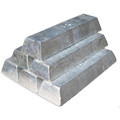

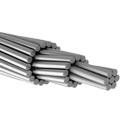
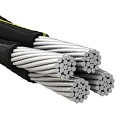
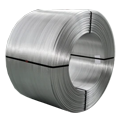

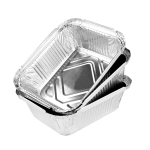





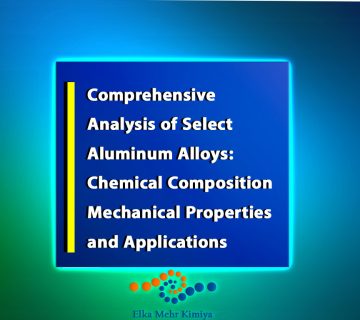
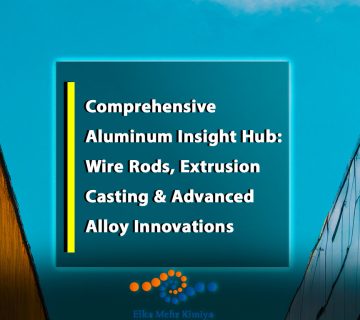
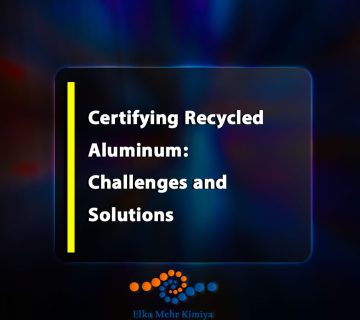
No comment